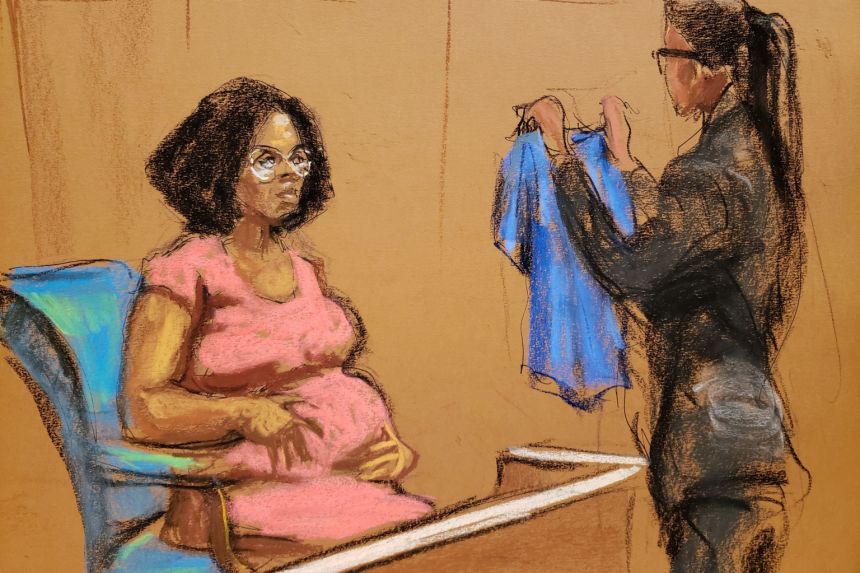R. Kelly accuser says R&B singer made her dress like a Girl Scout


NEW YORK - A key prosecution witness against R. Kelly at his sex abuse trial resumed her testimony on Thursday (Aug 19), saying the R&B singer videotaped their sexual activity and insisted she dress like a Girl Scout.
Jerhonda Pace, 28, is one of six women and girls who prosecutors say Kelly, whose full name is Robert Sylvester Kelly, dominated and demanded absolute commitment from in a two-decade racketeering scheme where he recruited and abused his victims.
Pace, a former Kelly fan who said he abused her when she was 16, told a prosecutor in Brooklyn federal court she was required to abide by what she called "Rob's rules."
These included that she get permission to go to the bathroom, acknowledge Kelly when he entered a room, and refer to Kelly as "Daddy."
ALSO READ: Prosecutor calls R. Kelly a predator as sex abuse trial, testimony begin
Pace testified that Kelly sometimes wanted her to put her hair up in pigtails for their encounters and "dress like a Girl Scout."
Deveraux Cannick, a lawyer for Kelly, later cross-examined Pace, trying to show that Kelly did not realise she was underage at the time.
Pace had on Wednesday testified she showed Kelly an ID card that showed her age as 16, but admitted on Thursday to signing a settlement agreement that said she had not.
"I didn't see the agreement before I signed it," she said.
Defence lawyers have argued in court papers and at trial that Kelly is being victimised by former fans bent on revenge because their relationships did not work out as they had planned.

Kelly, a three-time Grammy winner whose songs include I Believe I Can Fly and Bump N' Grind, has pleaded not guilty to a nine-count indictment that includes accusations of bribery and extortion.
Prosecutors say Kelly used an entourage of managers, bodyguards and others to recruit victims, and threatened to blackmail them if they fled.
The trial is the culmination of years of suspicions and accusations against Kelly, many discussed in the 2019 Lifetime documentary Surviving R. Kelly, and nearly four years after the start of the #MeToo era.
Other female accusers and at least one male accuser are expected to testify for the government, some using only their first names. Kelly could face decades in prison if convicted.